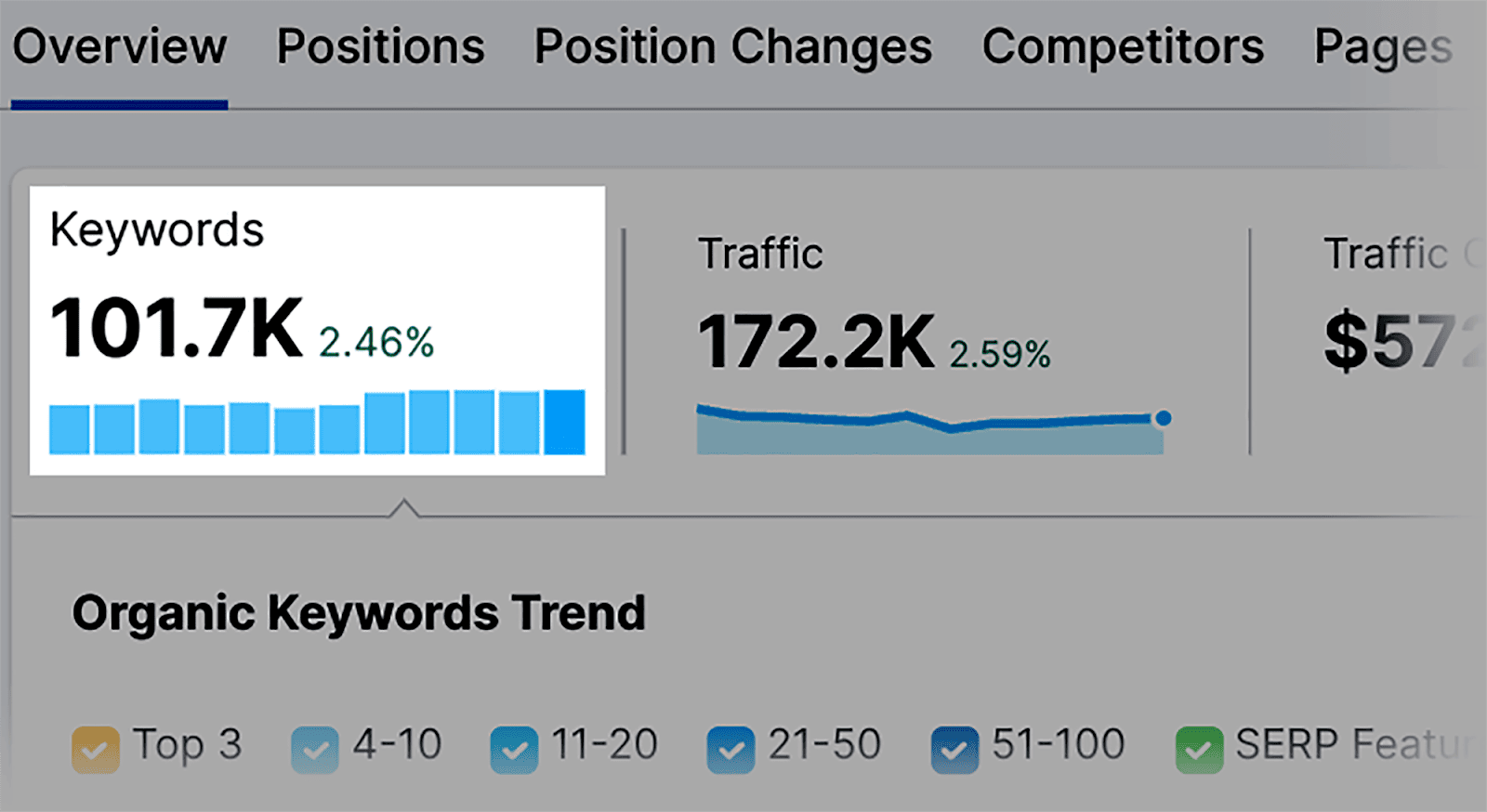Tube Rank: Your Guide to Video Success
Discover tips and insights for optimizing your video presence.
Climbing the Keyword Ladder: One Step at a Time
Unlock the secrets to SEO success! Discover how to climb the keyword ladder step by step and boost your blog's visibility today!
Understanding the Basics of Keyword Research: Your First Step
Keyword research is the foundational step of any successful SEO strategy. It involves identifying the words and phrases that your target audience is using to search for information related to your content, products, or services. By understanding these terms, you can create content that not only meets their needs but also ranks well in search engines. Begin by brainstorming topics relevant to your niche, and then utilize tools like Google Keyword Planner or other SEO tools to discover search volumes and competition levels for your keywords.
Once you have a solid list of keywords, prioritize them based on their search intent. Consider categorizing your keywords into four main types:
- Informational – Aimed at educating the user.
- Navigational – Targeting users looking for a specific website.
- Transactional – Related to purchases and services.
- Commercial Investigation – For users researching their options before making a decision.

How to Identify High-Value Keywords for Your Content Strategy
Identifying high-value keywords is crucial for developing a successful content strategy. Start by brainstorming a list of topics relevant to your niche, then utilize keyword research tools, such as Google Keyword Planner or SEMrush, to find keywords with high search volume and low competition. Focus on long-tail keywords, which are typically more specific and often yield higher conversion rates. For instance, instead of targeting 'shoes,' consider a more specific query like 'best running shoes for flat feet' that reflects user intent.
Once you've gathered a list of potential keywords, evaluate their search intent. Are users looking for information, making a purchase, or seeking solutions? Categorize your keywords into groups such as informational, transactional, and navigational. This not only helps in prioritizing which keywords to target but also guides the creation of content that truly meets your audience's needs. Regularly reassess your keyword strategy, as trends and search behaviors can shift over time, ensuring your content remains relevant and valuable.
The Importance of Long-Tail Keywords: Leveling Up Your SEO Game
In the ever-evolving landscape of search engine optimization (SEO), long-tail keywords play a crucial role in helping businesses improve their online visibility. Unlike generic keywords, which often face intense competition, long-tail keywords are more specific phrases that generally consist of three or more words. These keywords address the increasingly sophisticated queries of users who are seeking precise information or products. By targeting long-tail keywords, you not only attract a more focused audience but also enhance the likelihood of conversion, as these users are often further along in the buying process.
Furthermore, leveraging long-tail keywords allows you to create more relevant and engaging content. When you align your blog posts and website pages with the specific intents behind these keywords, you can address the unique needs and pain points of your audience. This strategy not only boosts your SEO performance but also fosters trust and authority in your niche. To effectively incorporate long-tail keywords into your content, consider using them in headings, meta descriptions, and throughout the text in a natural way. Ultimately, focusing on long-tail keywords can significantly elevate your SEO game and position your brand for sustainable growth.